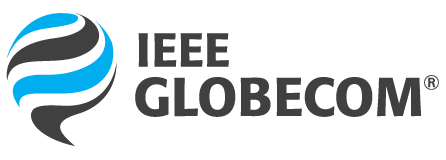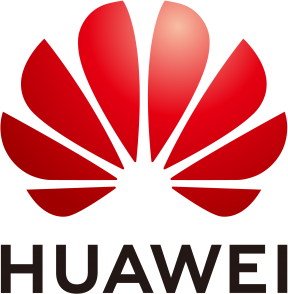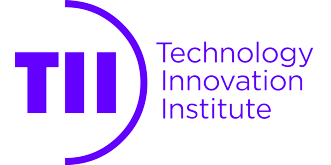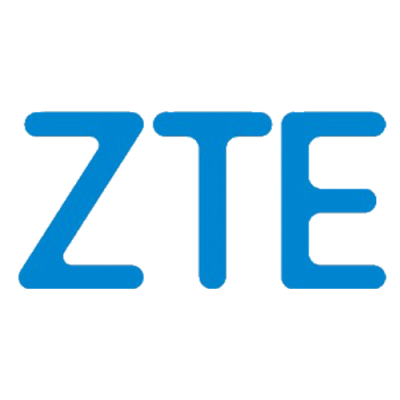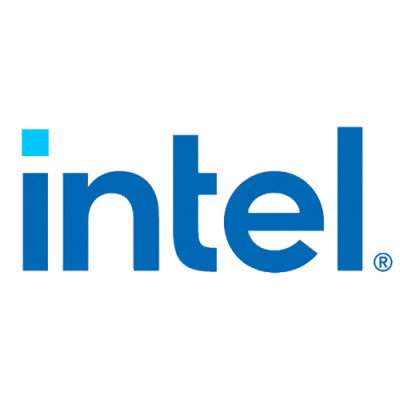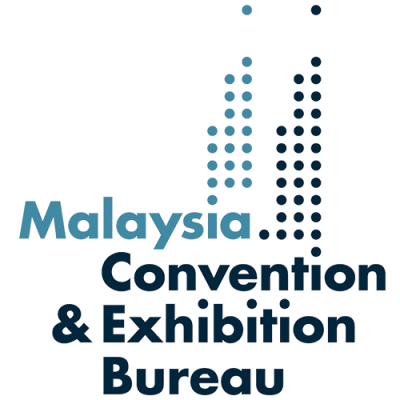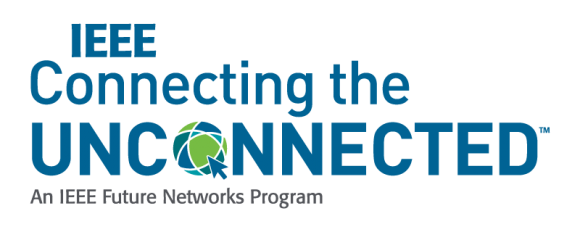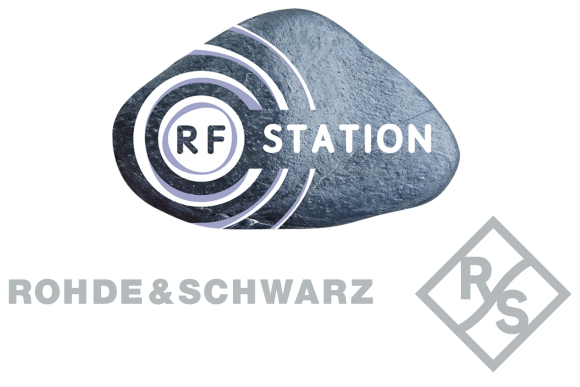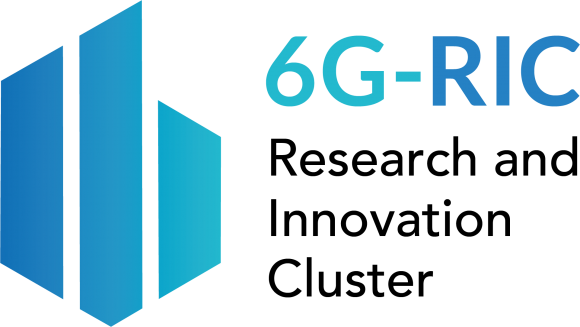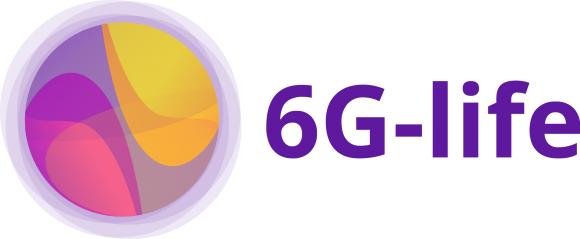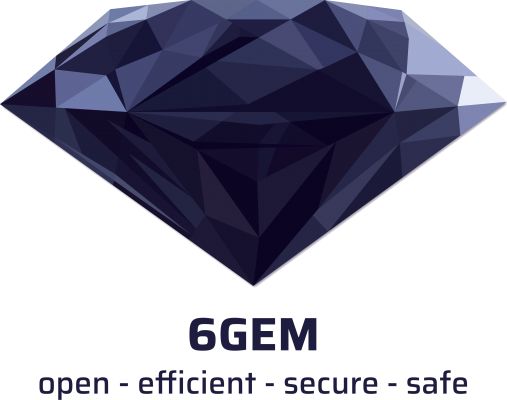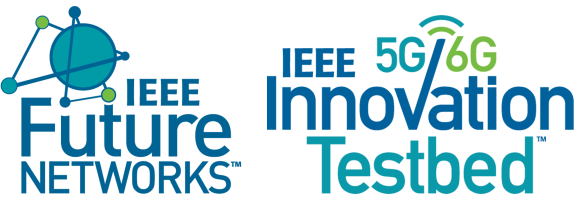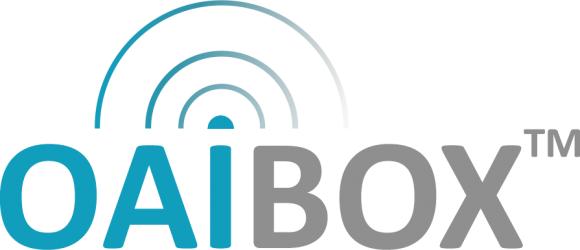TUESDAY 5 DECEMBER 2023
15:00 - 17:00
Room: Poolside Residence 301 (Grand Hyatt hotel)
BACKGROUND
IEEE ComSoc will organize the 1st Four Minute Thesis (4MT) Competition at the GLOBECOM 2023, which challenges PhD students to explain their research project to a non-specialist audience in just four minutes.
Participation in 4MT supports competitors to: Communicate their ideas effectively; Describe their research findings to a non-specialist audience; Increase their profile among the research community; and Network with other PhD students.
KEY DATES & PRIZES
|
Date |
Action |
|
Round One Online |
|
|
11 September |
Call for Submission of 4MT Video |
|
15 October |
Deadline of 4MT Video Form Submission (see the Download Section) |
|
21 October |
Round One Selection Outcome announced |
|
Round Two In-Person at GLOBECOM 2023 |
The top 15 competitors in Round 1 will be invited to attend Round 2 at the GLOBECOM 2023 (up to US$2,000 travel reimbursement is awarded for each person) |
|
21 October |
Email notices are sent to all entries who are proceeding to Round Two. |
|
5 December |
4MT Competition (in-person) at GLOBECOM 2023 |
|
6 December |
4MT Competition Award Ceremony First Prize (US$1,000) x 1 & Award Certificate Second Prize (US$500) x 2 & Award Certificate Third Prize (US$300) x5 & Award Certificate |
DOWNLOAD
Form Submission Deadline for Round One: 15 October 2023
ELIGIBILITY
Active PhD candidates who are ComSoc Graduate Student Member and have successfully passed their confirmation milestone (including candidates whose thesis is under submission) by 15 October 2023 are eligible to participate in 4MT competitions. See Contest Rules for full details on eligibility requirements.
4MT RULES
The following rules apply to the 4MT competition in the IEEE GLOBECOM 2023. They must be adhered to by all competitors.
ROUND ONE RULES AND 4MT RECORDING
- Video Presentations are limited to 4 minutes and competitors exceeding 4 minutes are disqualified.
- Videos must meet the following criteria:
- Filmed on the horizontal;
- Filmed on a plain background;
- Filmed from a static position;
- Filmed from one camera angle;
- Contain a presenter,
- Contain PowerPoint slides (top right corner/right side/cut to)*
- The video must be clear and continuous – no edits or breaks.
- No additional props (e.g. costumes, musical instruments, laboratory equipment and animated backgrounds) are permitted within the recording.
- Presentations are to be spoken word in English (e.g. no poems, raps or songs).
- No additional electronic media (e.g. sound and video files) are permitted within the video recording.
- Submission of the video link only (Youtube, Vimeo, or other online platform containing the 4MT video).
- Competitors should not submit their video files.
Please note: competitors *will not* be judged on video/ recording quality. Judging will focus on the presentation, ability to communicate research to a non-specialist audience, and 4MT PowerPoint slide.
ROUND TWO RULES
- Competition must attend the 4MT Competition in person on 5 December at IEEE GLOBECOM 2023. No show competitors will be disqualified.
- Oral presentation must be completed in 4 minutes and competitors exceeding 4 minutes are disqualified.
- Competitors have the option to either present their old PowerPoint slides in Round 1 or present new PowerPoint slides.
- The decision of the adjudicating panel is final.
4MT JUDGING CONTENT
At every round of the 4MT competition, each competitor will be assessed on the judging criteria listed below:
Comprehension and content
- Did the presentation provide an understanding of the background and significance to the research question being addressed while explaining terminology and avoiding jargon?
- Did the presentation clearly describe the impact and/ or results of the research, including conclusions and outcomes?
- Did the presentation follow a clear and logical sequence?
- Was the thesis topic, research significance, results/impact and outcomes communicated in language appropriate to a non-specialist audience?
Engagement and communication
- Did the oration make the audience want to know more?
- Was the presenter careful not to trivialise or generalise their research?
- Did the presenter convey enthusiasm for their research?
- Did the presenter capture and maintain their audience’s attention?
- Did the speaker have sufficient stage presence, eye contact and vocal range; maintain a steady pace, and have a confident stance?
- Did the PowerPoint slide enhance the presentation – was it clear, legible, and concise?
CONTACT
For any inquiry, please contact Prof. Wei Zhang via Email: w.zhang@unsw.edu.au
